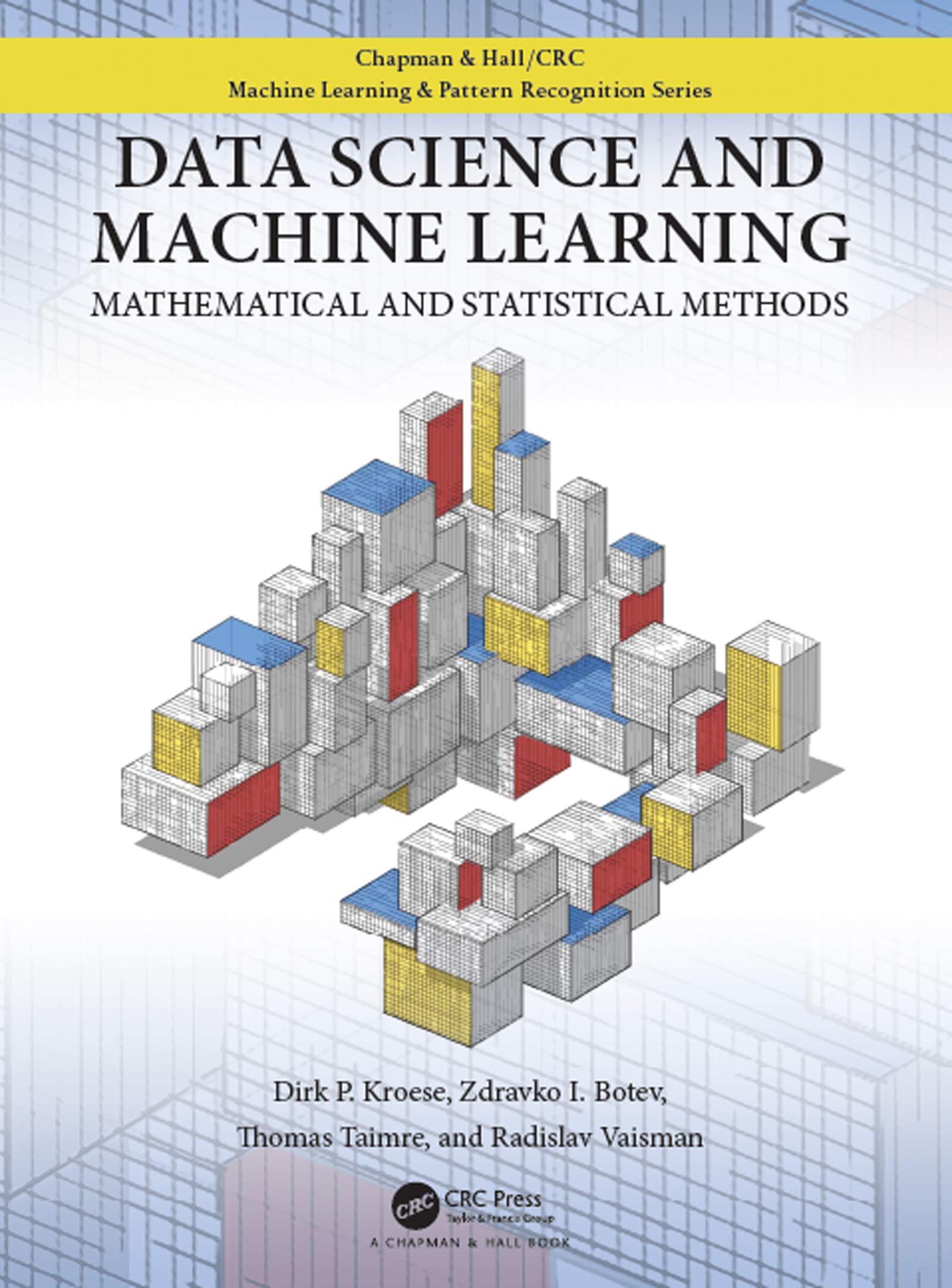Consider the sequence (w_{0}, w_{1}, ldots),where (w_{0}=g(boldsymbol{theta})) is a non-degenerate initial guess and (w_{t}(boldsymbol{theta}) propto w_{t-1}(boldsymbol{theta}) g(tau
Question:
Consider the sequence \(w_{0}, w_{1}, \ldots\),where \(w_{0}=g(\boldsymbol{\theta})\) is a non-degenerate initial guess and \(w_{t}(\boldsymbol{\theta}) \propto w_{t-1}(\boldsymbol{\theta}) g(\tau \mid \boldsymbol{\theta}), t>1\). We assume that \(g(\tau \mid \boldsymbol{\theta})\) is not the constant function (with respect to \(\theta\) ) and that the maximum likelihood value
\[ g(\tau \mid \widehat{\boldsymbol{\theta}})=\max _{\boldsymbol{\theta}} g(\tau \mid \boldsymbol{\theta})<\infty \]
exists (is bounded). Let
\[ l_{t}:=\int g(\tau \mid \boldsymbol{\theta}) w_{t}(\boldsymbol{\theta}) \mathrm{d} \boldsymbol{\theta} \]
Show that \(\left\{l_{t}\right\}\) is a strictly increasing and bounded sequence. Hence, conclude that its limit is \(g(\tau \mid \widehat{\boldsymbol{\theta}})\).
Step by Step Answer:

Data Science And Machine Learning Mathematical And Statistical Methods
ISBN: 9781118710852
1st Edition
Authors: Dirk P. Kroese, Thomas Taimre, Radislav Vaisman, Zdravko Botev





